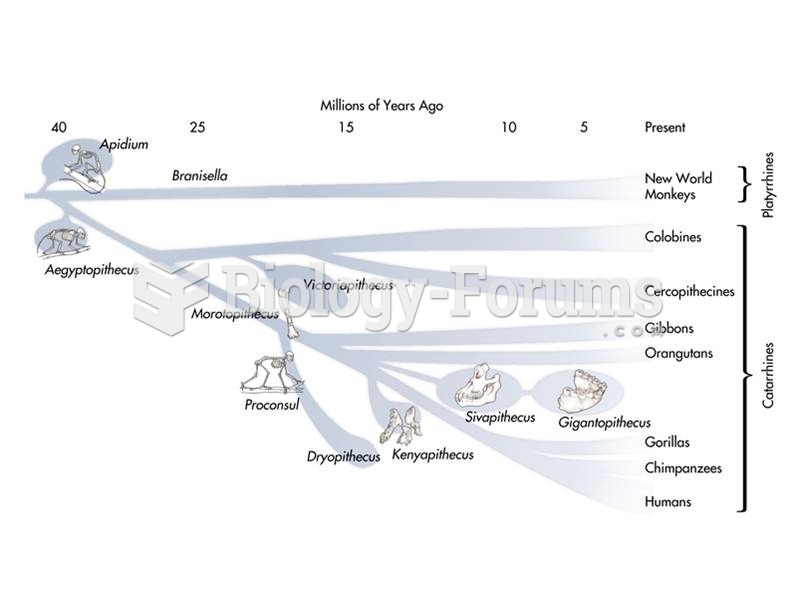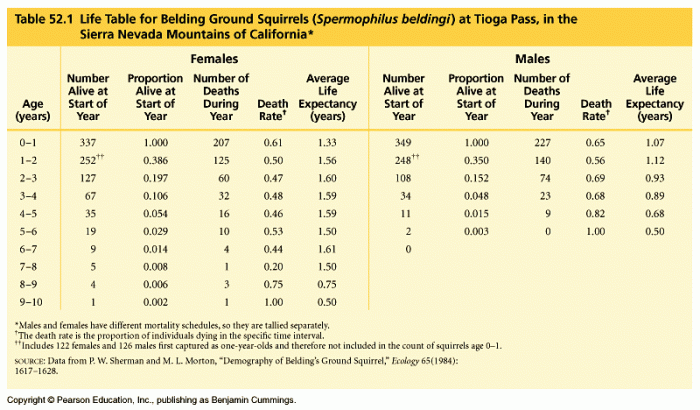|
|
|
Signs of depression include feeling sad most of the time for 2 weeks or longer; loss of interest in things normally enjoyed; lack of energy; sleep and appetite disturbances; weight changes; feelings of hopelessness, helplessness, or worthlessness; an inability to make decisions; and thoughts of death and suicide.
Between 1999 and 2012, American adults with high total cholesterol decreased from 18.3% to 12.9%
Earwax has antimicrobial properties that reduce the viability of bacteria and fungus in the human ear.
In 1864, the first barbiturate (barbituric acid) was synthesized.
In the United States, congenital cytomegalovirus causes one child to become disabled almost every hour. CMV is the leading preventable viral cause of development disability in newborns. These disabilities include hearing or vision loss, and cerebral palsy.







